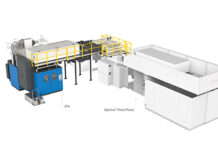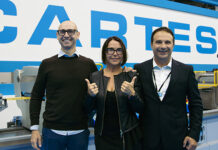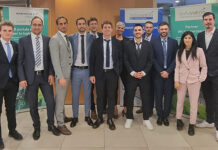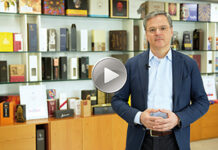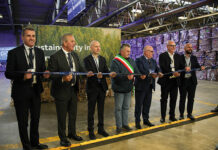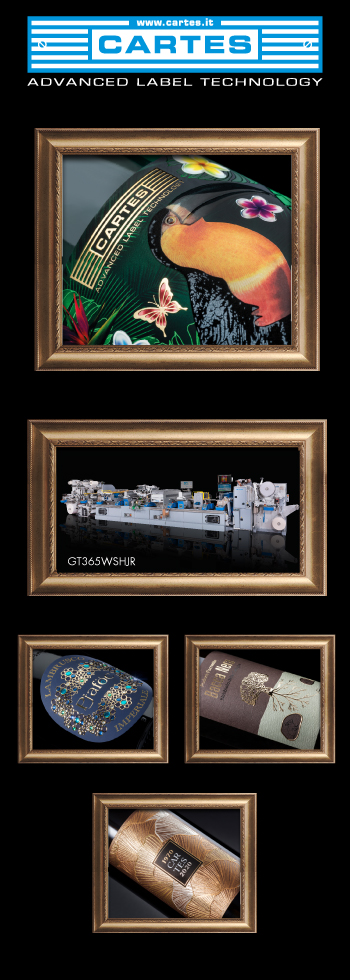On 6th July 2020, FEFCO co-hosted a virtual panel with Politico “Unwrapping the future of sustainable packaging?” was the theme of the debate which attracted an outstanding number of 2700 unique viewers, demonstrating that the sustainability of packaging is an issue of great interest.
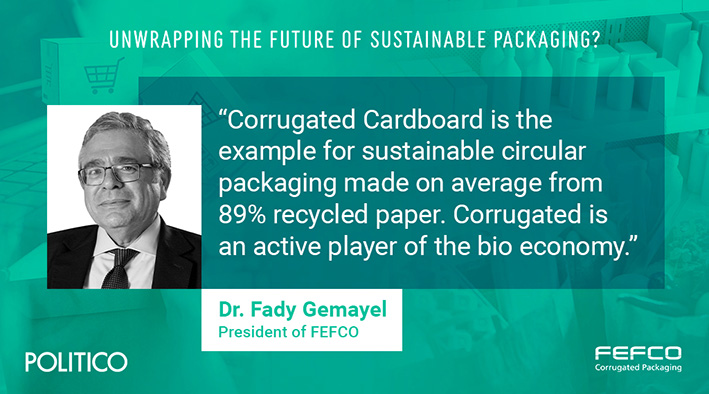
Among the event’s panellists were Johanna Drake, Deputy Director General, DG Environment, European Commission; Dr Christoph Epping, Head of Directorate, Federal Ministry for the Environment, Nature Conservation and Nuclear Safety, Germany; Outi Marin, Head of Sustainability reporting, Smurfit Kappa Group representing industry, and Piotr Barczak, Senior Policy Officer for Waste, European Environmental Bureau. The discussion was moderated by Eline Schaart, a sustainability reporter at Politico.
The virtual panel touched upon many topics such as the EU Commission’s Circular Economy Action Plan and its objectives to prevent waste. Johanna Drake made the point that “we need to continue being smarter in terms of packaging innovation to make it more recyclable and more reusable.” Exchanges of views then continued, covering other topics related to the design of packaging, the role of EPR (Extended Producer Responsibility), how consumers are involved, the implementation of the Packaging and Packaging Waste Directive and the tax on plastics. Speakers also debated how businesses could be incentivised. One proposed option was to encourage producers to consider the end of life of a product from the design phase which could accelerate the transition to a greener economy.
During the coronavirus pandemic, packaging has been recognised for its essential role, and the consumers receiving orders at home have become more aware of the vital function packaging plays. At the event, panellists believed that it was the right moment to work together to find innovative and fit-for-purpose solutions that can respond to the increasing need for sustainability.
Outi Marin, the panellist from the industry, stressed that “packaging has multiple functions: to protect packaged goods from damage and theft and to support logistics and fraud. Packaging also has a significant role in the way we communicate with the consumer regarding content but also by creating interaction. In the end, the most sustainable packaging is the one that gets the product sold.”
During the event, the audience responded to several polls which showed that what is needed to make packaging more sustainable is to reduce the complexity of materials and products. This is something corrugated is really good at! Have a look at the results of one poll:
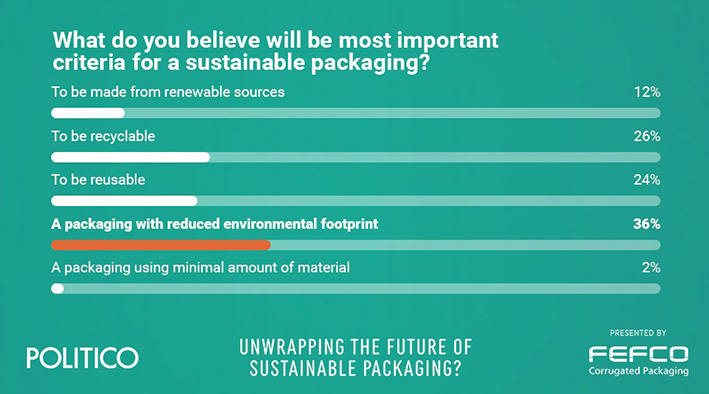
In his closing remarks, Fady Gemayel, FEFCO President, thanked the speakers and organisers and wrapped up the debate by reminding the audience of the unique sustainable benefits of Corrugated packaging. One of the important points he made was that “Corrugated Cardboard is an example for sustainable circular packaging as it is made on average from 89% recycled paper. Corrugated is also an active player of the bioeconomy.” He added that “Corrugated already has established structures in place for efficient recycling that allows for the highest recycling rates of all materials. We are best in class!” Finally, he welcomed the fact that “EU institutions have recognised the need for a sustainable economy, and we are happy that we can support this process by producing a real sustainable product.”





